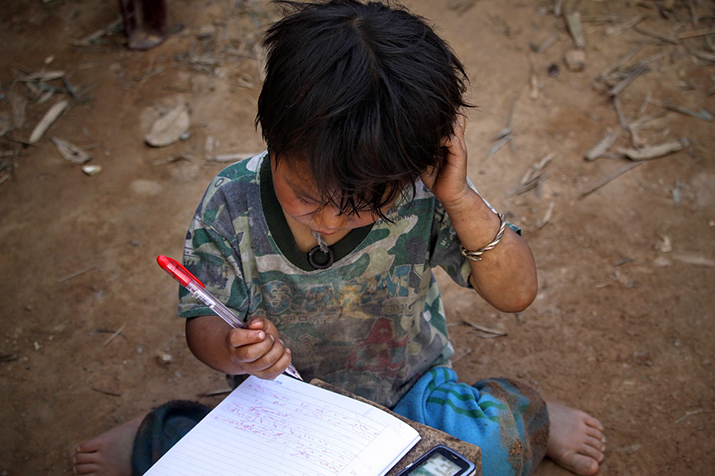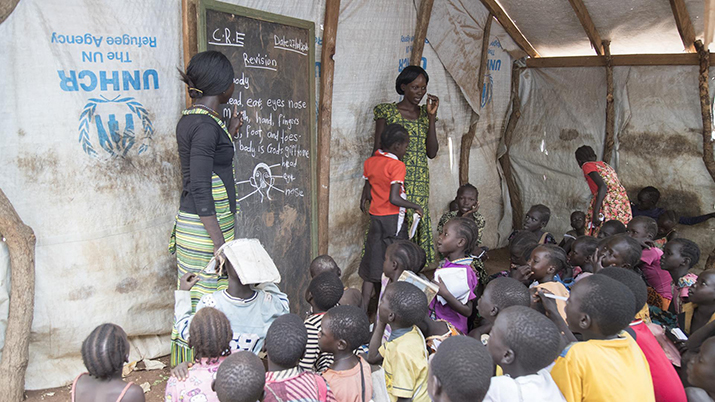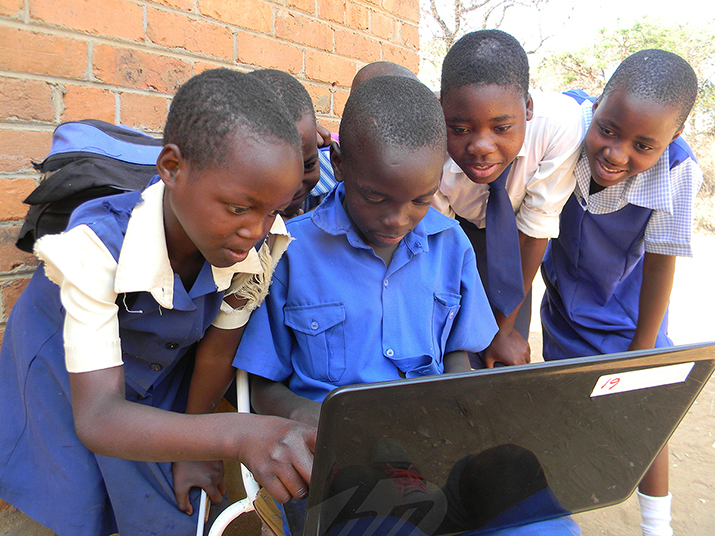HAPPENING AT THE UN
INTERNATIONAL DAY OF EDUCATION
«It should be taught in school». More or less, we hear this phrase in every cultural debate over and over again. Musicians would like all children to at least listen to Mozart, philosophers would have them repeat Plato by heart, scientists that they be initiated into mathematics and farmers wish them to at least be able to distinguish an apple tree from a pear tree. All just and important claims, but effectively irrelevant on a global scale. While we run to take the little ones swimming, to judo, choir practice and sometimes even to community farms, 258 million young people born on the same planet do not attend school, while 617 million children and adolescents cannot read or do subtraction.
Education is a human right, as well as a public resource, but at the moment it is a kind of chimera, especially in developing countries.
The global learning disruption caused by the pandemic was unprecedented in severity
If things do not change according to the UN, «countries will not be able to achieve gender equality and break the cycle of poverty that is leaving millions of children, young people and adults behind».
In short, for us in the developed world, studying means being more aware, which is no small feat, but in some areas of the world it is a question of avoiding falling into the abyss of famine.
For this reason, International Day of Education is celebrated on 24 January, an anniversary established by the United Nations in 2018 with the aim of reaffirming the crucial role of education in building sustainable and resilient societies. In 2021 and throughout 2022 the theme on which the events are focused is summarized with the title «Recovering and revitalizing education for the" “Covid-19 generation "». Already on January 25th, a global event will be held that will focus on «The heroes of learning, innovation and finance».
Education is a human right, as well as a public resource, but at the moment it is a kind of chimera, especially in developing countries
After all, the pandemic could not be ignored, as schools are one of the sectors most affected by the emergency we are experiencing.
The global learning disruption was unprecedented in terms of severity. The closure of schools, universities and other institutes, as well as the interruption of many other learning and literacy programs, is estimated to have affected the lives of approximately 1.6 billion students in over 190 countries.
But like any crisis, this too can be an opportunity.
It goes without saying, but if they have been saying it for a few thousand years, maybe some truth lies within. It is a matter of questioning the experts so as to understand how what we have had to do in this period out of necessity can be reshaped and improved, as the UN asks, in order to place «education and lifelong learning at the centre of recovery and transformation towards more inclusive, safe and sustainable societies».
In some areas of the world, acquiring knowledge is the only way to avoid falling into the depths of poverty
With the adoption of resolution 73/25, the United Nations wished to highlight once more «the firm political will to support transformational action for inclusive, equal and quality education for all». It is now up to the Member States, non-governmental organizations, academic institutions and civil society as a whole not only to celebrate a day dedicated to education every year on 24 January, but also to do something to spread all the knowledge that «should be taught in school».









